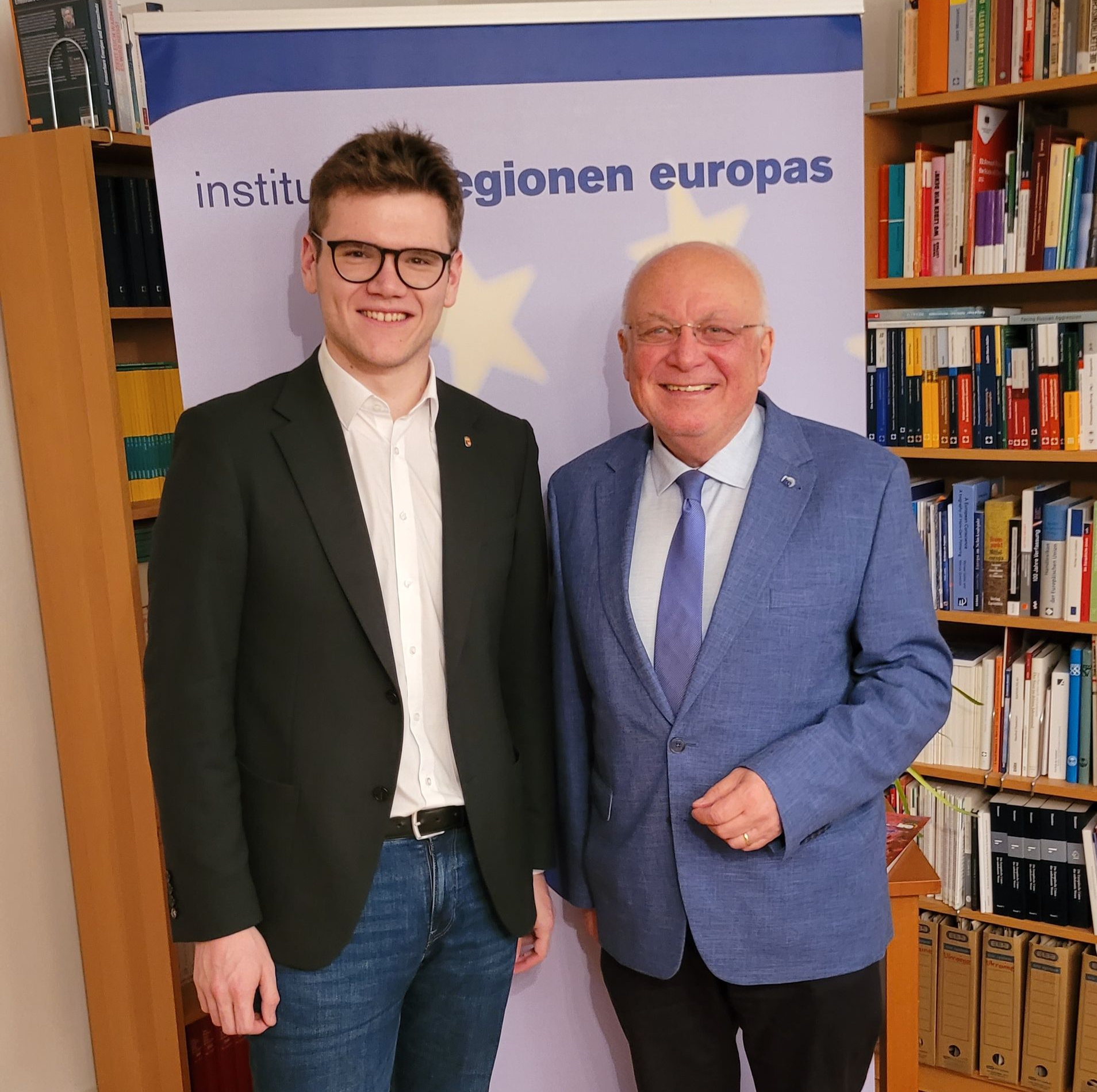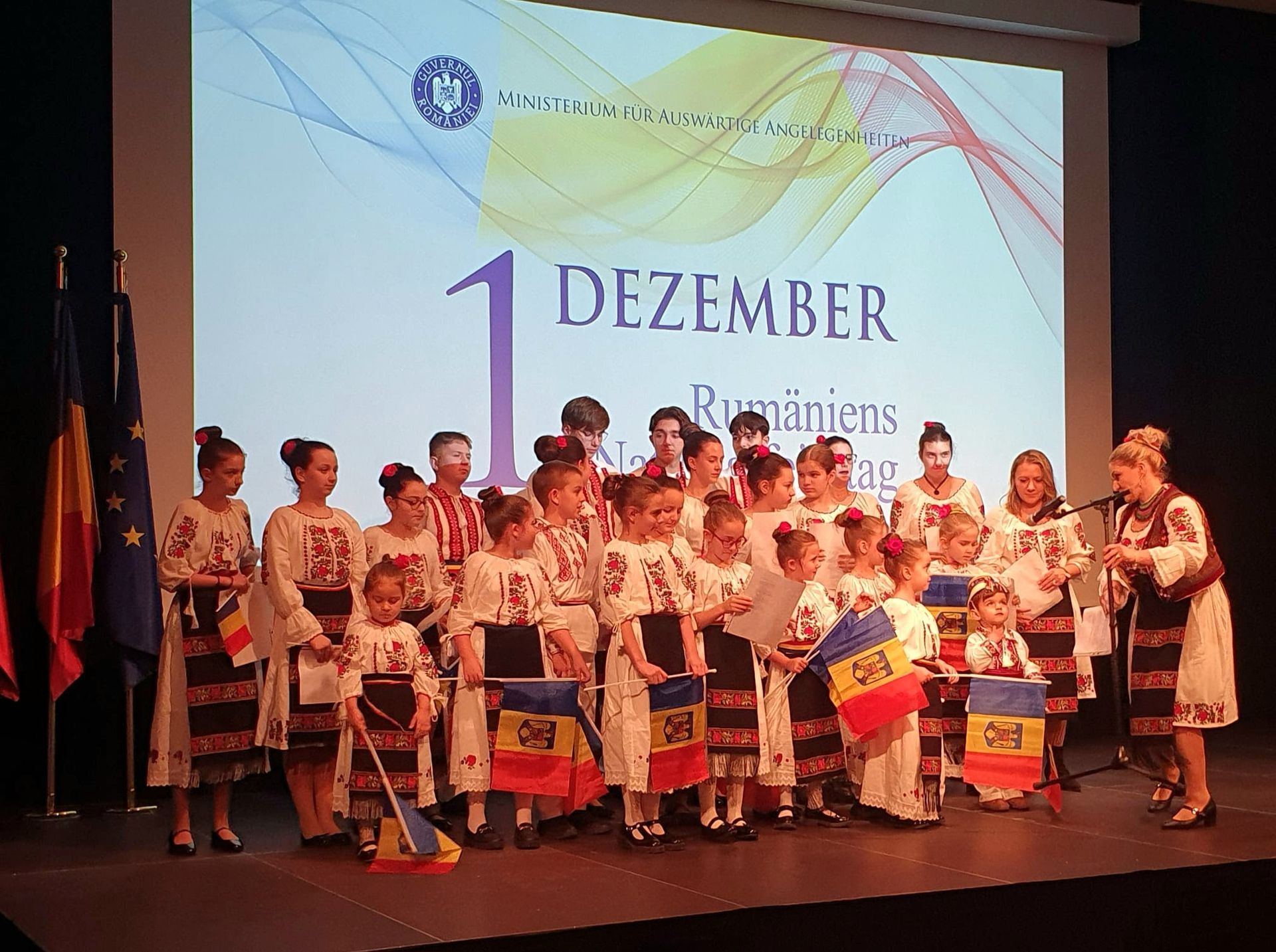Unterstützung des Ukrainischen Zentrums Salzburg
Unterstützung des Ukrainischen Zentrums Salzburg für guten Zweck

Mit dem Erlös aus dem Kunsthandwerksstand am Salzburger Weihnachtsmarkt wird ein Krankenwagen für die Ukraine angekauft.
Salzburg. Das Ukrainische Zentrum Salzburg bringt die über 1200 in Salzburg lebenden Ukrainerinnen und Ukrainer zusammen und organisiert viele Veranstaltungen und auch Charity-Aktionen. Mit den Erlösen eines Standes am Salzburger Weihnachtsmarkt (Alter Markt), bei dem ukrainische Handwerkskunst aber auch kulinarische Köstlichkeiten wie Borschtsch verkauft wurden, wird der Ankauf eines Krankenwagen für die vom Krieg gebeutelten Regionen der Ukraine organisiert.
IRE Policy Advisor Stefan Haböck (links) und Ivan Machynskyi (rechts), dem Vorsitzenden des Ukrainischen Zentrums Salzburg.







Hot Issue - der Newsletter
Regelmäßige Informationen aus den Regionen Europas und von unseren Mitgliedern.
Regelmäßig informieren wir unsere Mitglieder sowie Interessierte über tagesaktuelle Themen und Entwicklungen in den Regionen Europas, den Institutionen der Europäischen Union und über die Aktivitäten des Instituts der Regionen Europas (IRE).
Melden Sie sich bei unserem Newsletter gerne jederzeit an
stefan.haboeck@institut-ire.eu
Tel: +43-662-843 288-30



